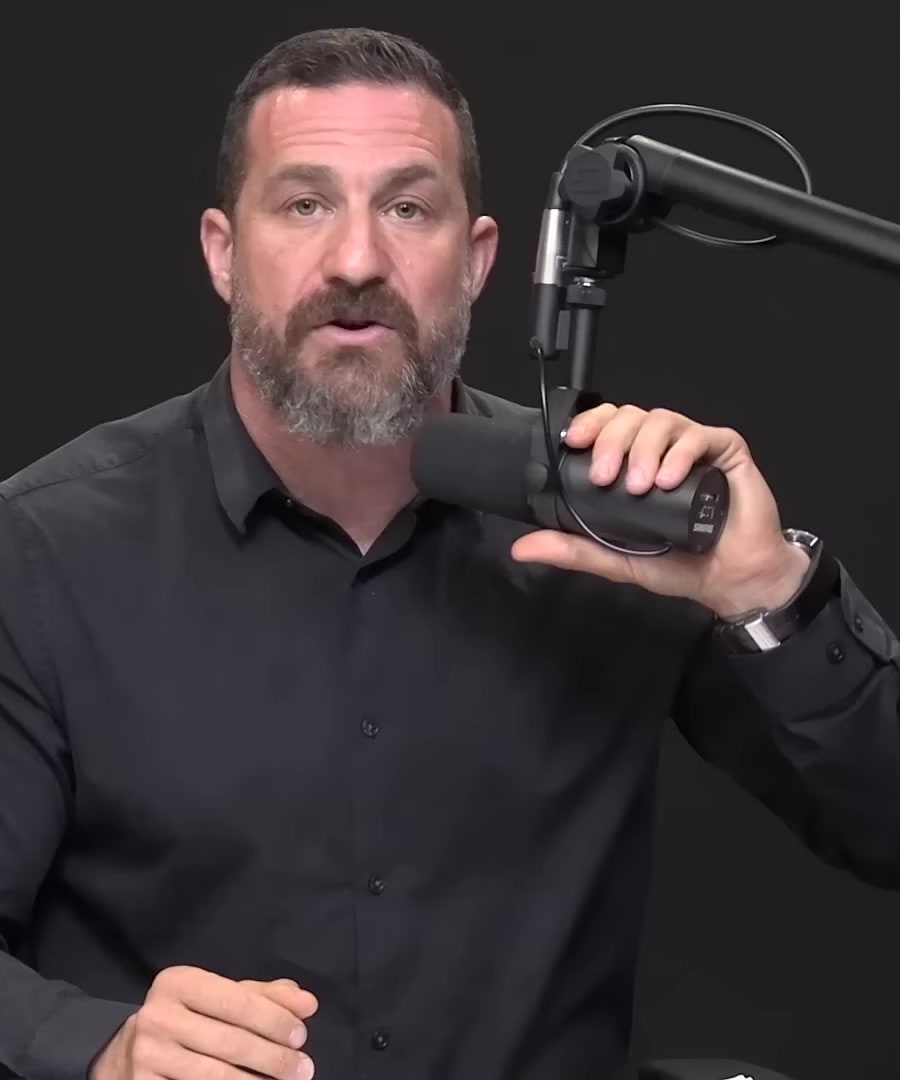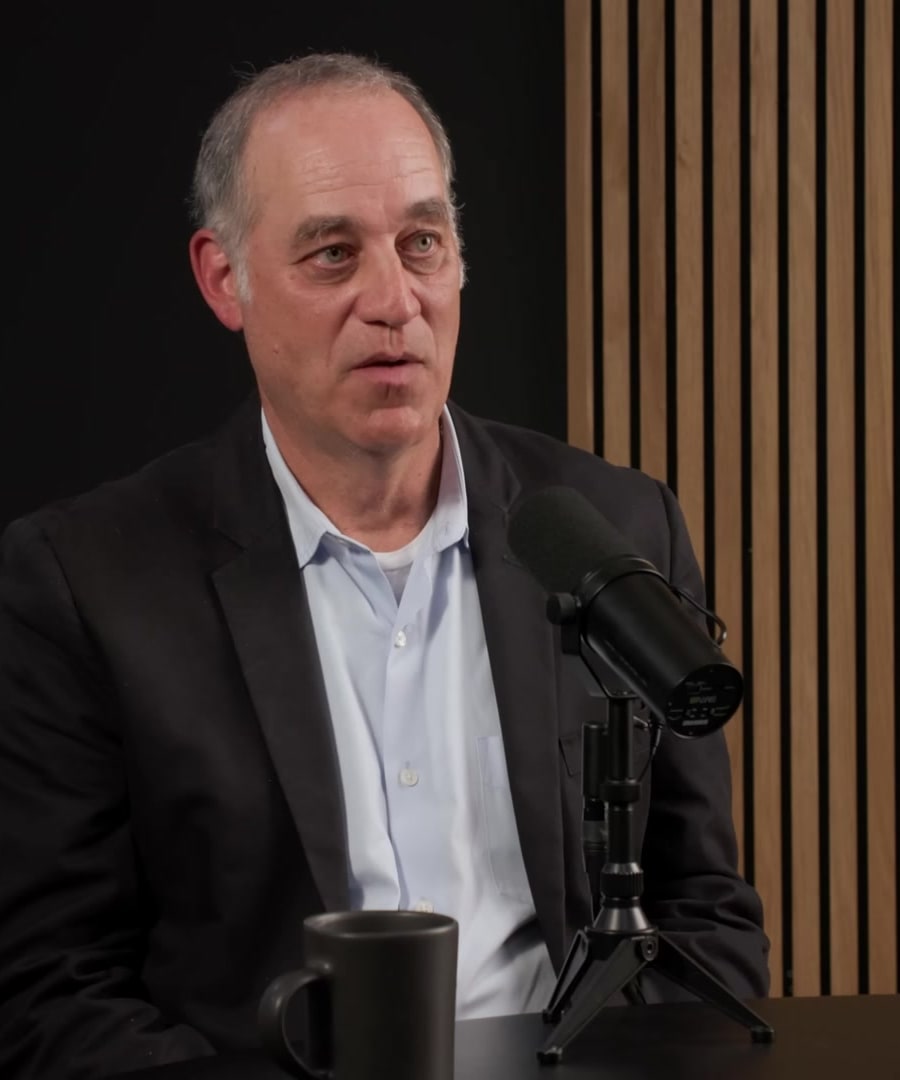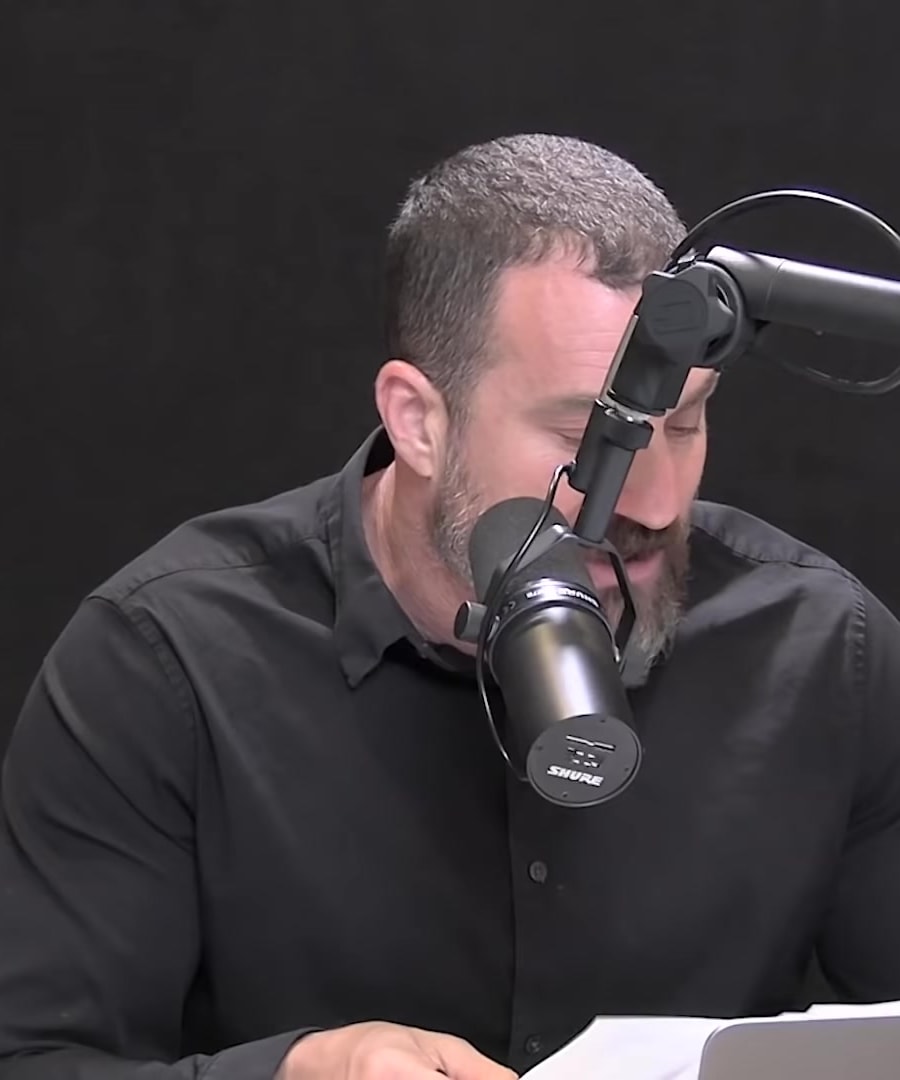Executive functions
Sources:
The prefrontal cortex plays a central role in executive functions, often equated to the CEO of the brain. It's responsible for high-level cognitive abilities such as planning, organization, and the transition of thoughts into action, guided by goals and intentions 1. Damage to the frontal lobes can lead to difficulties with prioritization, goal achievement, adaptability, and other daily executive functions 1.
To boost executive function, human interaction, goal management theory, and coaching are deemed important since technology alone may not suffice 2. Dr. Mark D'Esposito and also suggest that practicing mindfulness can aid in enhancing executive functions 3. In the context of creativity, the prefrontal cortex is essential for suppressing actions and eliminating choices, while the default mode network is linked to spontaneous imagination 4.
Executive function is also deeply intertwined with memory 5. With respect to ADHD, the prefrontal cortex's role in executive function is not just about its performance but also its ability to communicate effectively with other areas of the brain 6.
RELATED QUESTIONSHow can one improve their executive functions?
Sources:
Improving executive functions can be done through various strategies. Here are key methods suggested by the :
-
Teaching Executive Function: Dr. and advocate for the teaching of executive function skills such as goal management in schools and emphasize the value of human interaction over just technology for boosting executive function. Life coaches can also provide significant benefits by breaking tasks into manageable steps 1.
-
Goal Management Training: A therapy mentioned by Dr. D'Esposito, goal management training involves teaching patients how to improve executive function skills and applying these skills to real-world situations. This training is intensive and therapist-driven, requiring extensive practice but has shown to translate into general real-life improvements 2.
-
Mindfulness Training: Incorporating mindfulness training alongside other cognitive skills training can have a positive impact on executive function. Mindfulness serves as a focus exercise, supporting the maintenance of focus and the ability to refocus, which are essential for goal achievement 3.
-
Physical Exercise: Moderate physical exercise before cognitive tasks can significantly enhance focus. According to one study discussed by Dr. Huberman, even 15 minutes of moderate exercise could benefit cognitive performance related to focus and energy, which are crucial for executive function 4.
-
Leveraging Neuroplasticity: It is suggested that nurturing neuroplasticity, the brain's ability to change and adapt, might also support executive function. The use of certain substances or behavioral practices combined with devices to stimulate the prefrontal cortex, although still largely in the research phase, could enhance executive function. Moreover, because neuroplasticity is especially high during childhood, early interventions could shape these executive function-related brain circuits more effectively 5 6.
-
Cognitive Work Sequence: A protocol of moderate exercise followed by cognitive work and then mindfulness or relaxation can help boost cognitive performance, including aspects of executive function like working memory and focus 4.
It's imperative to note that these approaches should always be considered alongside or after consultation with professionals who can provide tailored advice for individual needs.
RELATED QUESTIONS-
How are executive functions affected in ADHD?
Sources:
To improve executive functions, a combination of practical strategies, goal management theory, and coaching is suggested. Human interaction and guidance are essential, as these skills are not easily taught through technology alone. For example, in your role as a student or mentor, learning how to conduct research and design experiments is facilitated by someone providing direction and wisdom to manage goals and avoid distractions. Furthermore, activities that require goal setting, filtering out distractions, and monitoring progress, such as cooking, playing chess, or improvisational theater, can also contribute to strengthening executive functions 1.
Goal management training, which is a therapy developed to help patients improve executive function, involves hard work, therapist interaction, and practicing real-life applications like planning a meal or vacation. This training method requires discipline, but when applied over time, it has shown positive results in real-life scenarios. The addition of mindfulness training to such goal management further enhances executive function by helping to maintain focus and refocus when needed 2 3.
It's also been noted that enhancing neuroplasticity through various means, such as neurochemistry, behavioral practices, and brain-machine interfaces, is likely to benefit executive functions. An example provided is combining a substance like Kanna, which has shown to increase cognition and executive function while reducing anxiety, with a gratitude practice or other cognitive exercises 4.
For a more detailed exploration of strategies to enhance executive functions involving cognitive therapy, it might be beneficial to reference the full conversation from the episode "Dr. Mark D'Esposito: How to Optimize Cognitive Function & Brain Health" where these topics are discussed .
Thank you for your feedback!RELATED QUESTIONSHow to enhance the prefrontal cortex? What is involved in this brain region?
Sources:
Enhancing the prefrontal cortex involves a few different methods, from substances to behavioral practices. The prefrontal cortex is crucial for executive function, including suppressing actions and managing attention. Activities like talk therapy, cognitive-behavioral therapy, or journaling can help manage thoughts and re-script beliefs, potentially giving more control to the prefrontal cortex.
Drugs like ADHD medications stimulate circuits in the brain that can strengthen focus, as discussed by and . For example, nicotine can both sharpen focus in the brain and relax the body's muscles, affecting the ventromedial prefrontal cortex, which plays a role in limiting attention for sake of learning 1 2.
Another approach is transcranial magnetic stimulation (TMS), which can exogenously restore cognitive functions akin to those achieved through psychotherapy in mild depression. TMS can restore governance of the prefrontal cortex over deeper brain regions correlated with treatment improvement in depression 3.
Furthermore, increasing neurochemicals through substances such as Kanna combined with a gratitude practice can also enhance the amplitude of neuroplasticity, creating more robust brain changes. Future techniques may include noninvasive devices to stimulate the prefrontal cortex in conjunction with such practices 4.
Lastly, hypnosis is presented as a method to rewire neural circuits for pain relief, focus, and faster sleep. By changing the interpretation of events, hypnosis takes advantage of the brain's neurochemistry to alter the perception of events like pain 5.
To learn more about these techniques and how they specifically affect the prefrontal cortex, you could explore the episodes and clips cited where these discussions were held.
RELATED QUESTIONS
Executive functions
- RELATED QUESTIONS
How can one improve their executive functions?
- RELATED QUESTIONS
How are executive functions affected in ADHD?
- Thank you for your feedback!RELATED QUESTIONS
How to enhance the prefrontal cortex? What is involved in this brain region?
- RELATED QUESTIONS












